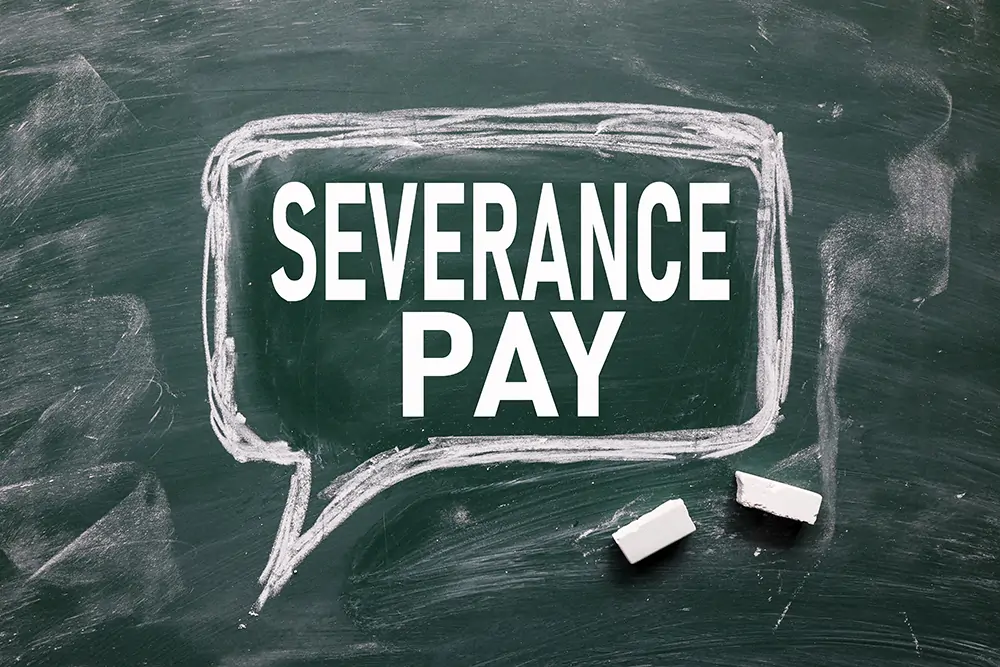Workplace dismissals are rarely a pleasant experience for the employer or employee involved. Nevertheless, terminations of employment are an important piece of business operations and, accordingly, employers can benefit substantially from an awareness of their rights and responsibilities under the law.
One important legal concept within the sphere of termination of employment is known as “Constructive Dismissal”. This occurs when an employer makes a unilateral change (or changes) to an employee’s contract without the employee’s consent resulting in a fundamental breach of their employment contract.
In this blog, we both discuss what is involved in constructive dismissal and provide related guidance.
What is Constructive Dismissal?
The term constructive dismissal is used to describe a circumstance when an employer makes significant changes to the employment terms of the employee which, in turn, compels them to resign. In other words, constructive dismissal occurs without an employer proactively dismissing the employee.
Common circumstances involving claims of constructive dismissal include unliteral changes to an employee’s financial compensation such as salary or working hours.
Constructive dismissal is not necessarily indicative of employer misconduct. Rather, it often indicates that an employer’s actions equal an employer proactively dismissing the employee. The significance of this lies in the fact that such a dismissal invokes a statutory obligation (and potentially common law) to provide compensation to the employee. This compensation typically involves notice or payment in lieu of termination notice.
Even unsuspecting employers may still be susceptible to constructive dismissal claims if they engage in actions that violate the terms of employment.
Examples of Constructive Dismissal
Constructive dismissal claims can arise from various situations, including:
- Employee demotion or reduction of salary without reason or agreement.
- Significant change in working hours without an employee’s agreement.
- Work relocation that was not agreed upon.
- A hostile working environment created by the employer that cannot be endured.
- Unfair treatment that cannot be accepted by employees, even such as sexual harassment.
In light of the above, employers may wish to consider seeking legal counsel before proceeding with the implementation of any of the aforementioned actions, similar measures, or upon becoming aware of potentially inappropriate conduct in the workplace.
Managing a Circumstance of Constructive Dismissal
Employees have several options when facing a circumstance of constructive dismissal.
If an employee feels that they have been constructively dismissed, they could start with explaining their concerns to their employer, and request that the situation is rectified, for example, through a reversal of the decision. If the dispute remains unresolved, the employee may consider seeking legal counsel as soon as possible.
If an employee wishes to pursue a constructive dismissal claim, they may need to establish the following:
- The employer committed a breach of employment contract;
- The employer’s actions amounted to constructive dismissal; and
- The employee resigned because of the employer’s actions.
It’s important to note that winning a dismissal case is not always guaranteed; it depends on the circumstances of each situation.
Avoiding Constructive Dismissal Claims
Employers can take steps to reduce the chance that they will face a claim of constructive dismissal. This includes the following:
- Encouraging ongoing communication with employees regarding terms of employment.
- Providing notice of changes to terms and conditions of employment.
- Clearly written and communicated terms and conditions of employment.
The above steps can help to reduce the chance of escalated conflict between employers and employees. This is particularly valuable since claims of constructive dismissal are often rooted in miscommunication.
Takeaways
Circumstances of constructive dismissal can lead to significant workplace conflict. There can accordingly be significant value in reducing the chances of its occurrence.
For employers aiming to achieve this goal, we recommend them to remain attentive to their responsibilities, which include refraining from altering the terms and conditions of employment without securing employee consent. To this end, steps intended to clarify terms and conditions of employment, such as those addressed above, can significantly help.
If you have questions about your legal rights and obligations associated with constructive dismissal, feel free to contact, Toronto employment lawyers, Sultan Lawyers, at 416-214-5111 or here.
Your Case: Our Priority.
At Sultan Lawyers PC, we are the only firm specializing exclusively in employment and immigration law. Whether your case is straightforward or complex, we have the experience and commitment to achieve the best possible outcome. Trust us to navigate the toughest challenges with you.



